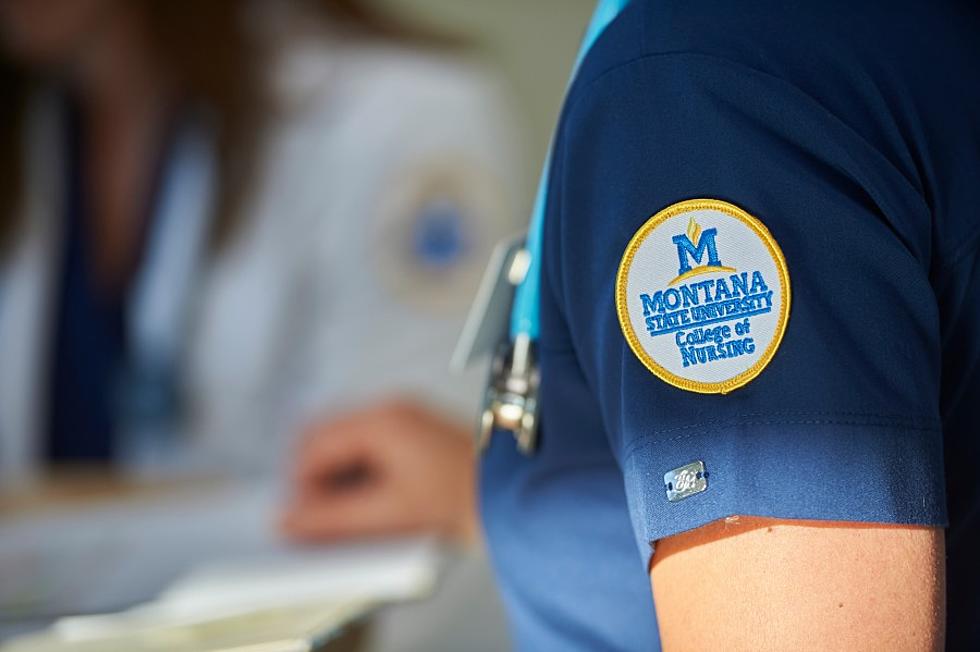
UM Researchers Land NIH Contract to Develop Opioid Addiction Vaccine
MISSOULA – The University of Montana has received a $3.3 million contract from the National Institutes of Health to develop an innovative vaccine targeting opioid addiction.
The principal investigator on the two-year award is Dr. Jay Evans, director of UM’s Center for Translational Medicine and a research professor in the Division of Biological Sciences. Other investigators on the award are Drs. David Burkhart, Kendal Ryter and Helene Bazin-Lee from UM in Missoula, Marco Pravetoni from the University of Minnesota, and Paul Pentel and Mark LeSage from Hennepin Healthcare Research Institute.
Last fall, the National Institute of Allergy and Infectious Diseases and National Institute on Drug Abuse organized a meeting to bring drug abuse and vaccine research teams together with a goal of finding solutions to the growing opioid-use epidemic. As a result, UM partnered with the University of Minnesota and Hennepin Healthcare Research Institute to take on this new challenge. That partnership has now generated new research funds and a promising new vaccine candidate.
Montana Gov. Steve Bullock welcomed news of the award.
“While we’ve made meaningful progress in Montana to prevent opioid abuse from occurring and to decrease overdoses, this invisible epidemic still steals away too many lives in our state and across the nation,” Bullock said. “The potential for a vaccine to treat opioid addiction offers hope in addressing this crisis, and I praise the University of Montana for conducting this important research.”
Opioid-use disorders are associated with heroin and prescription opioids, as well as synthetic opioids such as fentanyl. As an alternative to current small-molecule-based pharmacotherapies targeting opioid receptors – such as methadone or naltrexone – vaccines offer a promising safe and cost-effective strategy to treat opioid use disorders and reduce the risk of overdoses.
“The idea of using vaccines to treat opioid addiction seems strange to most people, but preclinical and clinical evidence suggest this approach can work,” Evans said. “Antibodies generated by the vaccine bind fentanyl and prevent it from crossing the blood-brain barrier. The vaccine itself has no drug-like effects because the fentanyl hapten – the part the drug recognized by the immune system – is linked to a carrier protein.”
UM scientists at the Center for Translational Medicine have worked on vaccines, adjuvants (compounds that stimulate an immune response) and delivery systems for over 20 years.
“We are applying what we have learned about traditional infectious disease vaccines to combat the growing epidemic of opioid-use disorders,” Evans said.
Scott Whittenburg, UM vice president for research and creative scholarship, emphasized the center’s vital role in biomedical research.
“Research being conducted at the University of Montana – from antibiotic resistance to a vaccine for the flu – will have global health impacts and demonstrates the University’s commitment to improving the health and well-being of the residents of our state.”
Established in 2017, the UM Center for Translational Medicine is a multidisciplinary research center that assists faculty, staff and students in the translation of preclinical research discoveries from bench to bedside. The center works across the Montana University System to facilitate the ability of researchers to better advance the clinical and commercial potential of their basic science discoveries.
- UM News Service -









